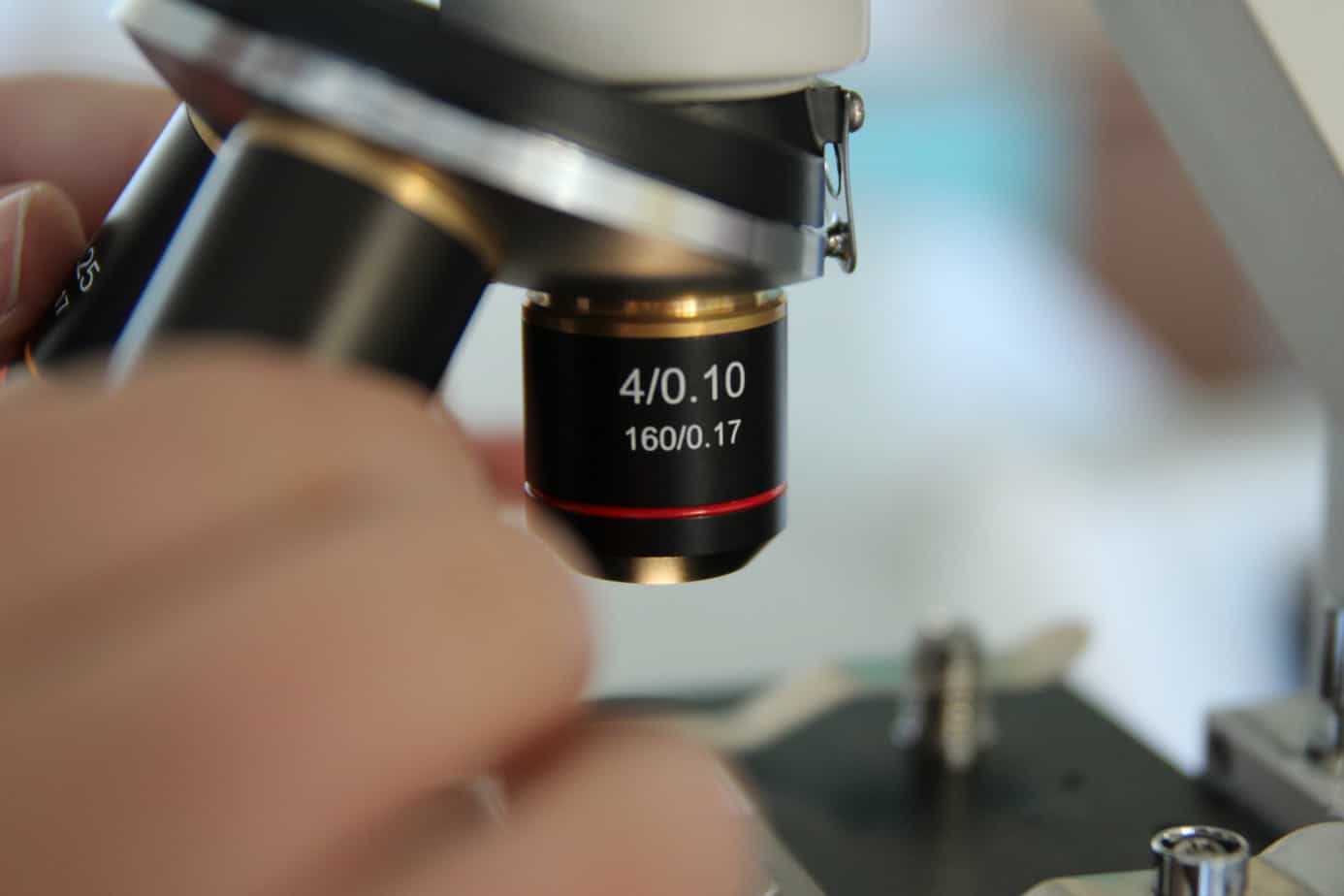A new urine test for prostate cancer is available. The Mi-Prostate Score (MiPS) test from University of Michigan MLabs measures minute fragments of RNA. The test improves the utility of the PSA blood test and increases doctors’ ability to pick out high-risk prostate tumors from low-risk tumors in patients. Prostate cancer affects one in six U.S. men. This test may help tens of thousands of men avoid unnecessary prostate biopsies.
The urine test for prostate cancer works by incorporating blood PSA levels and two molecular RNA markers that are specific for prostate cancer in one final score. This provides men with a personalized prostate-cancer risk assessment.
Improving upon the PSA Test
The new urine test for prostate cancer is an improvement upon current methods of detecting prostate cancer. Until recently men have relied on prostate specific-antigen (PSA) tests to help them determine if they need a prostate biopsy, but there are drawbacks to stand-alone PSA tests. The limited reliability of the PSA test and its lack of specificity have led experts to disagree over the use of the PSA test as a routine health screening measure.
The PSA is a nonspecific test. A higher PSA score may indicate that prostate cancer is present, but it is not always accurate. In addition, the test cannot tell you if the cancer cells are high risk or slow growing. A high PSA indicates need for a prostate biopsy even though 44% of the PSA-triggered biopsy results come back with nonlethal, low-risk prostate cancers that are not likely to shorten a man’s lifespan.
Many men just want the cancer gone, so they opt for surgery or radiation for these low-risk tumors, but such procedures have a high risk of side effects like urinary incontinence and sexual dysfunction.
Tests such as this urine test for prostate cancer and a new prostate cancer genetic test can give men and their physicians more specific information and help men avoid unnecessary procedures for low-risk prostate cancers.
How does the MiPS test work?
Experts agree that we need better markers for prostate cancer, and the new urine test for prostate cancer does this by providing patients with specific information about their prostate cancer tumors. The new MiPS urine test for prostate cancer is ultra specific for prostate cancer. The test scans urine samples for two molecular markers distinct to prostate cancer.
- One marker is a snippet of RNA made from a gene (PCA3) that is overactive in 95% of all prostate cancers.
- The second marker is RNA that is made only when two genes (TMPRSS2 and ERG) abnormally fuse. Finding the presence of this fusion RNA in a man’s urine is ultra specific for prostate cancer.
Research has shown that the two-marker urine test is more effective than the PSA test alone, or PSA testing that’s incorporated into the Prostate risk Calculator, which is a commonly used online tool for predicting the presence of prostate cancer.
Even though the Prostate Cancer Foundation does not endorse commercial companies, they do applaud each research step that is made toward finding better biomarkers for prostate cancer and improving the standard of care for patients. The new urine test for prostate cancer may lead to changes in the way doctors treat low-risk prostate cancer and may lead to less suffering and death from prostate cancer.
Read more in our Prostate Cancer Health Center.







